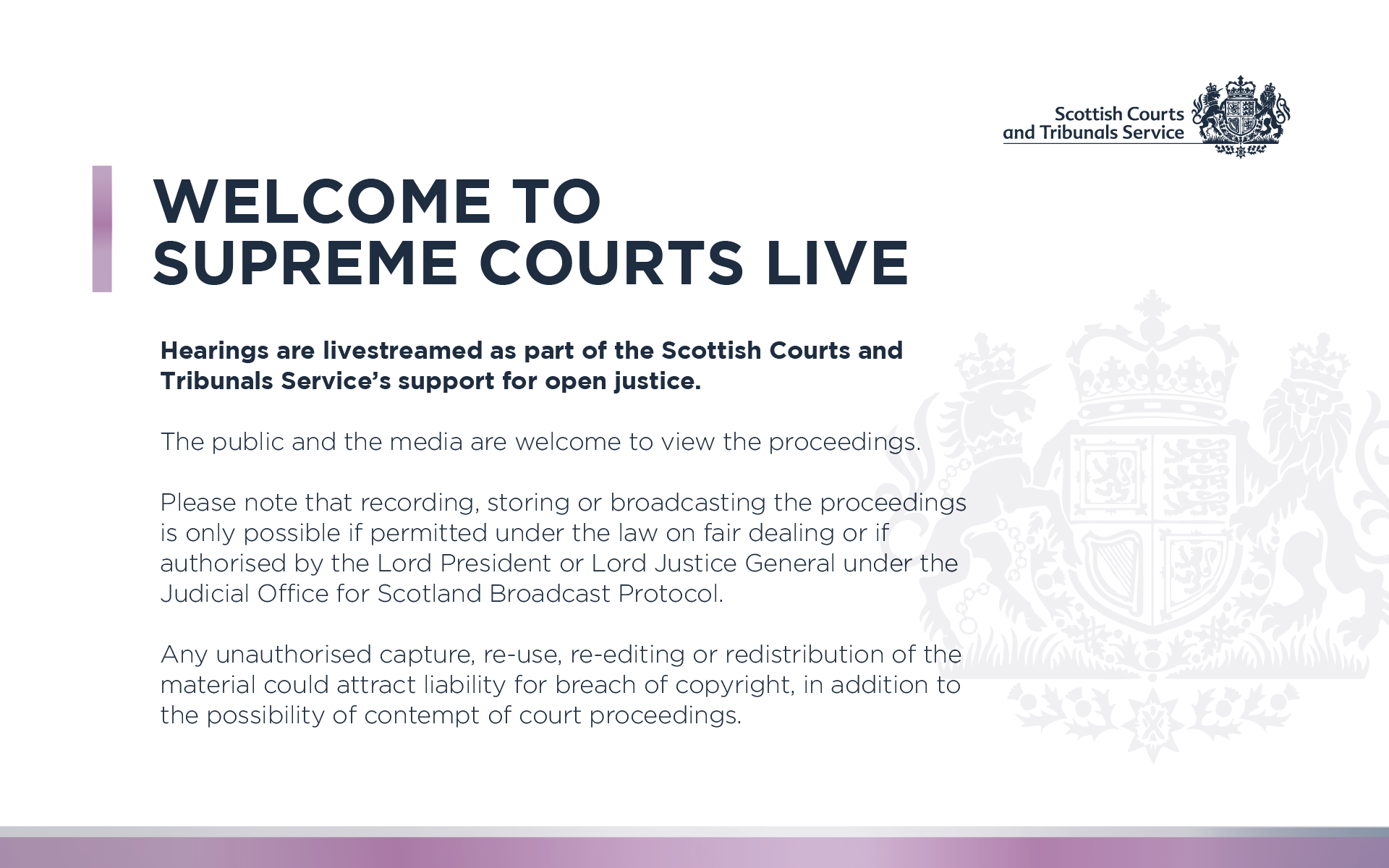Case description
[1] The petitioner and respondent, A, is the biological father of a child, M, born in 2010. He is presently serving an order for lifelong restriction, having been convicted of serious sexual offences against B, M’s mother. He has been in prison since September 2013. The respondent has not had any contact with M since he was 10 months’ old, nor has he applied to the court for parental rights and responsibilities.
[2] In January 2023, a children’s hearing was convened to consider making a Compulsory Supervision Order relative to M.
[3] The respondent contends that he is a “relevant person” pursuant to article 3(2)(a) of The Children’s Hearings (Scotland) Act 2011 (Review of Contact Directions and Definition of Relevant Persons) Order 2013. A “relevant person” in this context is a person who is entitled to participate in children’s hearing proceedings. A relevant person may make representations on whether a CSO ought to be made and, as such, is entitled to prior disclosure of papers and information relevant to the proceedings. Such information will often include sensitive information about the child, including their place of residence and their school.
[4] The second respondent and reclaimer, B, is the mother of M. The prospect of the respondent taking receipt of her personal information through statutory disclosure causes B considerable distress. She asserts that A’s status as “relevant person” runs contrary to her right to a private and family life as protected by article 8 of the European Convention on Human Rights. She argues that the children’s hearing panel is required to read the 2013 Order in a manner compatible with her Convention rights and, thus, must “read down” or simply ignore article 3(2)(a) of the 2013 Order.
[5] In November 2023, the children’s hearing panel decided that the respondent was not a “relevant person.” The respondent was thus excluded from the remainder of the CSO hearing and was not invited to make representations thereon.
[6] The respondent lodged a Petition for Judicial Review in the Court of Session seeking reduction of the decision of the children’s hearing. He argued that article 3(2)(a) of the 2013 Order was compatible with M & B’s Convention rights. Any harm said to be caused by the respondent’s participation in the proceedings could be adequately managed by the case management powers available to the panel. The respondent was entitled to observance of his own Convention rights under articles 8 and 14.
[7] The Lord Ordinary (Lady Carmichael) determined that the respondent did not have rights protected under articles 8 and 14 under the Convention. The existence or non-existence of family life was a matter of fact depending on the real existence in practice of close personal ties. Biological kinship was not enough. Nevertheless, assessing the operation of the statutory scheme as a whole led to the conclusion that there were adequate protections within the Children’s Hearings (Scotland) Act 2011 and the Children's Hearings (Scotland) Act 2011 (Rules of Procedure in Children's Hearings) Rules 2013 that allowed the panel appropriately to manage the respondent’s participation in children’s hearing proceedings in a Convention compatible way. Such protections include the use of exclusion orders and the use of non-disclosure requests.
[8] The Lord Ordinary reduced the decision of the children’s hearing. B reclaims (appeals against) the decision of the Lord Ordinary to the Inner House of the Court of Session. She argues that:
(a) There is no relevant and sufficient reason for the unchallengeable involvement of the respondent as a “relevant person”, especially when such involvement is adverse to the Convention rights of B;
(b) The case management powers available to a children’s hearing are not adequate to allow the panel to fulfil its fundamental purpose;
(c) Article 3(2)(a) of the 2013 Order is not a proportionate interference with B’s Convention rights as there is no good reason for the involvement of the respondent in children’s hearing proceedings; and
(d) The children’s hearing panel was entitled to determine that the respondent was not a “relevant person” for the purposes of ensuring compatibility with B & M’s Convention rights.
[9] The Second Division of the Inner House will hear the reclaiming motion on Thursday 13 February 2025.
NB: reporting restrictions are live for this case

